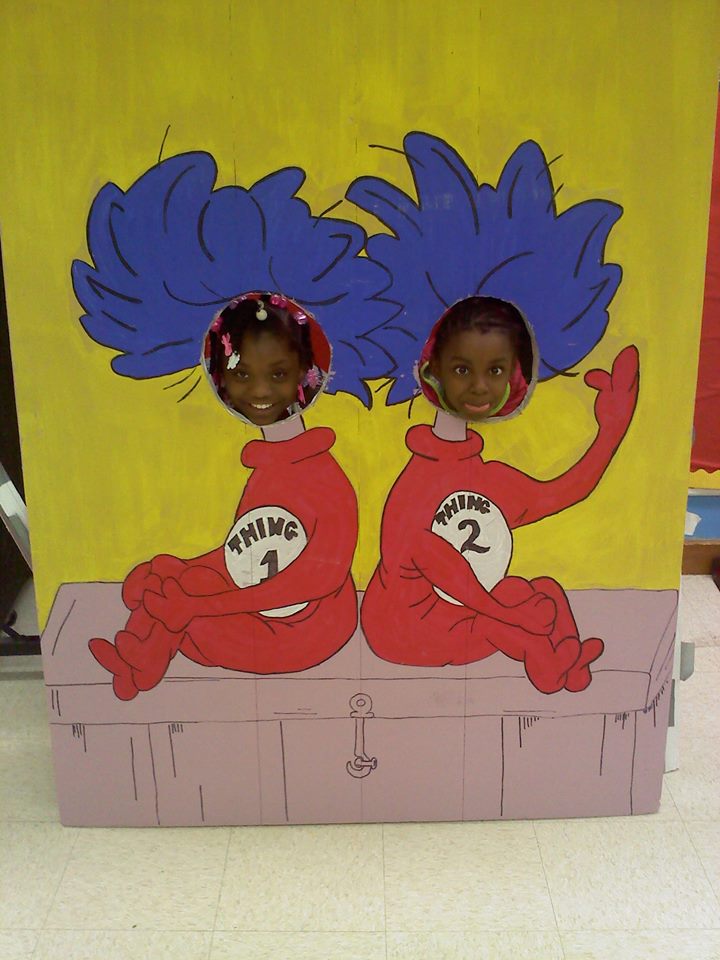 Sharing is a learned behavior. Toddlers do not share naturally. They are not greedy or selfish; they are simply acting their age. A child’s world is ego-centric and immediate and each item in their world is supremely important to them.
Sharing is a learned behavior. Toddlers do not share naturally. They are not greedy or selfish; they are simply acting their age. A child’s world is ego-centric and immediate and each item in their world is supremely important to them.
While sharing is an important and necessary life skill; when well-meaning adults demand that children share or worse, remove a toy from the child’s clutches and hand it to another child, they are ignoring the child’s feelings and rights and setting the stage for future battles. And simply being handed a toy they want without waiting or negotiation sends a message of entitlement that isn’t good for the recipient either.
True sharing is the willful giving of something you possess to another person. Teaching children to share should also be considered an opportunity to teach other important life skills such as negotiating, dealing with disappointment and frustration, learning to wait and taking turns. Developing some basic guidelines about using toys when playing with other children, discussing with your child how he feels about sharing toy and asking him to think about how other children feel, and modeling sharing behavior in your home can help lay the groundwork for successful sharing.
Because children live in the moment, preparation will only take you so far. It is important for parents to think about what they want to teach their child about sharing so they are prepared to act, not merely react, when sharing disputes arise. Parents can encourage sharing behavior in their child by modeling the language and actions of sharing as they interact with their child, each other and other family members.
If you feel your child is having trouble sharing, talk to his Horizon Education teacher. Our staff has negotiated a lot of sharing disputes over the years and we are always happy to share what we know with parents.






